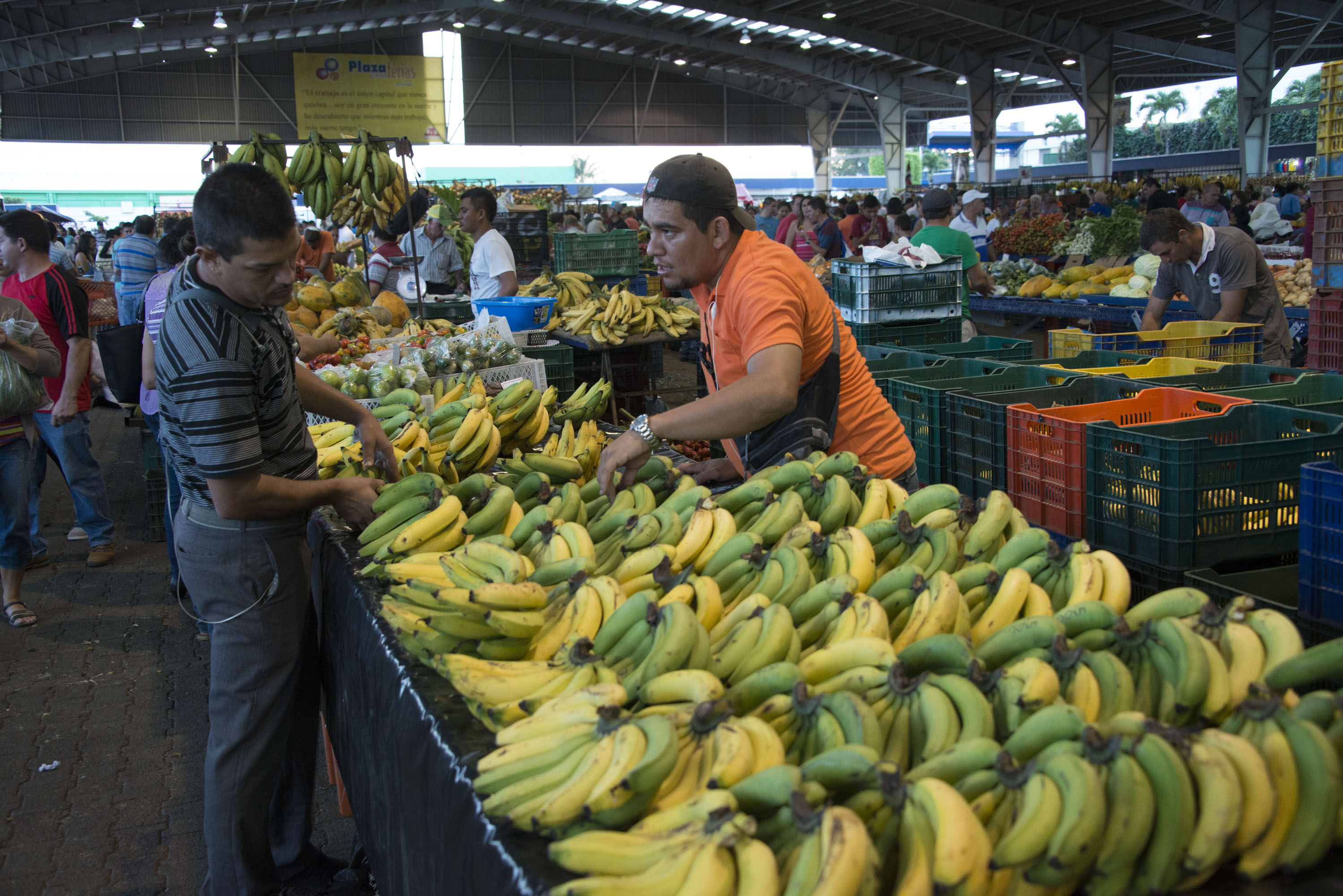Codex and Trade
According to FAO trade statistics, the value of trade in food exceeded US$ 1.12 trillion in 2013 and is increasing.
While the Codex Alimentarius Commission is not explicitly mandated to facilitate trade, there are additional benefits when countries align their domestic provisions with Codex standards.
It was envisaged when Codex was founded, that if all countries harmonized with internationally agreed standards, there would be fewer barriers to trade and food products would naturally move more freely among countries. This would benefit farmers and their households and contribute to reducing hunger and poverty. A fundamental part of Codex work, therefore, is contributing to ensure fair practices in food trade. If a country aligns its domestic food standards with Codex standards then trading partners can operate on a level playing field.

The World Trade Organisation (WTO) has specifically identified the standards, guidelines and recommendations established by the Codex Alimentarius Commission for food additives, veterinary drug and pesticide residues, contaminants, methods of analysis and sampling, and codes and guidelines of hygienic practice. This means that Codex standards are considered scientifically justified and are accepted as the benchmarks against which national measures and regulations are evaluated.
Key facts
- The Codex mandate includes working to ensure fair practices in food trade
- With respect to SPS and TBT agreements, Codex standards have become an integral part of the legal framework within which international trade is being facilitated through harmonization. Codex standards prevent, and assist in the resolution of, trade disputes before WTO.
- Analyse global trade data on FAOSTAT.
Codex and trade
This video highlights the importance of Codex to trade.


